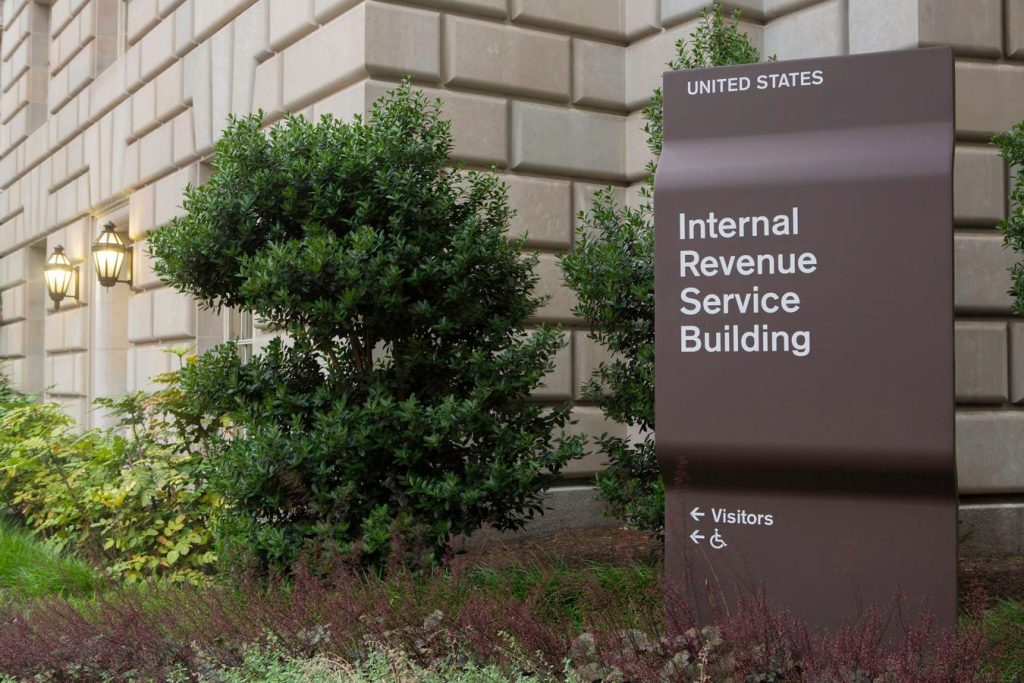The IRS issues its “Dirty Dozen” list every year, offering insight into potential scams that taxpayers and tax professionals should watch out for. In 2024, the list includes warnings for wealthy taxpayers to avoid three specific scams involving art donations, CRATs, and Monetized Installment Sales Transactions (MISTs). The IRS cautions that these schemes are often promoted by dishonest individuals and could result in additional tax reporting disclosures if finalized regulations are implemented. Taxpayers are advised to be wary and seek guidance from qualified professionals to avoid potential penalties.
One of the schemes highlighted in the Dirty Dozen list involves art donations, where promoters encourage wealthy taxpayers to purchase art at discounted prices and later claim inflated charitable contribution deductions. The IRS has a team of trained art appraisers to assist in valuing artwork and warns taxpayers to be cautious of such schemes. Similarly, promoters are pushing wealthy taxpayers to enter into questionable CRAT schemes, where appreciated property is contributed to a trust in a way that misapplies tax laws. Proposed regulations could classify these transactions as listed transactions, subject to stricter disclosure requirements and penalties for non-compliance.
Monetized Installment Sales Transactions (MISTs) have also been flagged by the IRS as potentially abusive schemes that target taxpayers looking to monetize appreciated property without adverse tax consequences. In MISTs, taxpayers sell property to an intermediary and receive an installment note in exchange, but the gain from the sale should still be fully recognized. Proposed regulations aim to subject these transactions to listed-transaction reporting rules, highlighting the IRS’s continued efforts to crack down on tax avoidance strategies.
The IRS’s focus on wealthy taxpayers and abusive tax transactions underscores the need for caution and due diligence when engaging in complex financial arrangements. Failure to heed warnings from the Dirty Dozen list could lead to civil and criminal penalties for taxpayers who participate in fraudulent schemes. Taxpayers are urged to seek advice from reputable professionals and avoid transactions that promise unrealistic tax benefits or exploit loopholes in the tax code.
Wealthy taxpayers should take note of the risks associated with entering into questionable tax schemes, as highlighted by the IRS’s Dirty Dozen list. The potential for increased scrutiny and penalties for tax fraud should serve as a deterrent for individuals considering engaging in abusive transactions. By staying informed and seeking guidance from knowledgeable professionals, taxpayers can avoid falling victim to scams and protect themselves from legal repercussions.
In conclusion, the Dirty Dozen list serves as a valuable resource for taxpayers and tax professionals to stay informed about potential scams and abusive tax schemes. The IRS’s efforts to target wealthy taxpayers who engage in fraudulent activities demonstrate its commitment to upholding tax laws and holding individuals accountable for illegal behavior. By remaining vigilant and exercising caution, taxpayers can avoid costly mistakes and ensure compliance with tax regulations.


